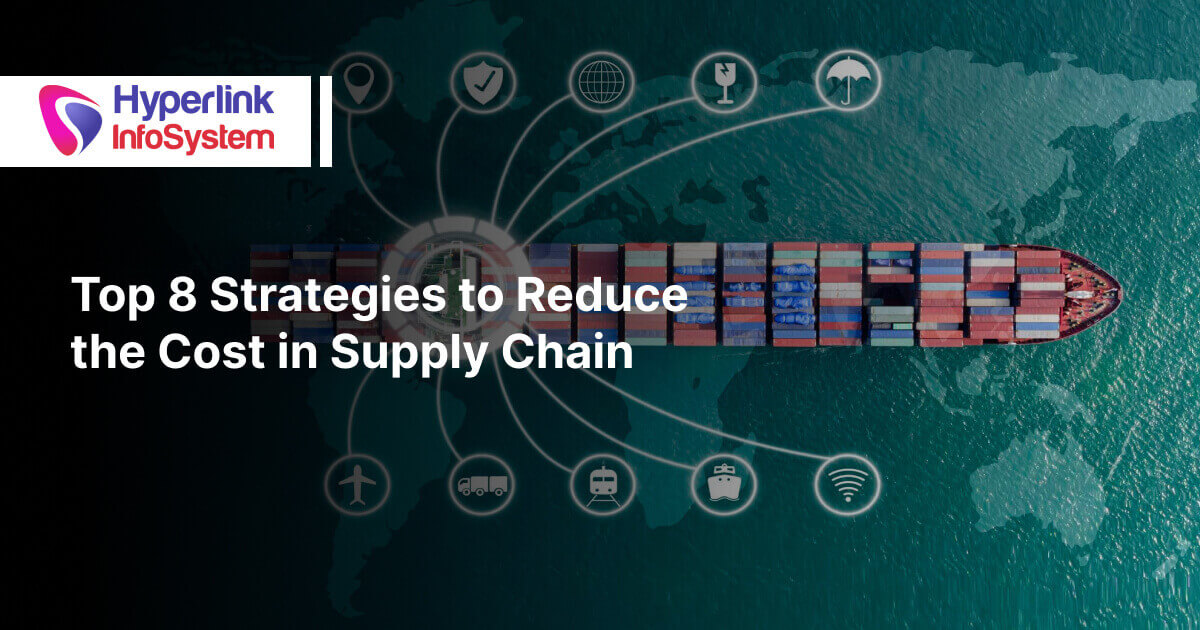CMS Development
Hire Dedicated CMS Developers In Canada
Whether and when you should use a content management system depends on various factors. In general, one can say that static websites without CMS are cheaper to implement, but more complex to maintain. Websites with a content management system are more complex to implement and therefore more expensive, but they can be maintained relatively easily.
A content management system is used as an editorial system to manage web content in the simplest possible way and to accomplish web-based work processes. One of the best-known CMS systems is WordPress.
In addition to important CMS basic functions, such systems offer a whole range of other advantages through which they can be used in the simplest possible way.
Features of a content management system
Decentralized maintenance
A good web-based content management system works with any common web browser (for example Internet Explorer, Mozilla Firefox or Opera). You do not need any additional software and can maintain and expand your Internet presentation whenever and wherever you want without bottlenecks.
For authors without a technical background
Anyone who knows word processing can also create content online in a modern CMS system, publish images or create new products. With a modern content management system, you can maintain your homepage without any knowledge of HTML.
Configurable access restriction
A CMS system usually contains its own user administration. Users can be assigned roles and permissions, which effectively prevents unauthorized changes to content.
Compliance with design specifications
In a CMS, content can be saved separately from the design. As a result, the entire content of all authors is displayed centrally in one design.
Automatic navigation generation
Menus can be generated or generated automatically in CMS solutions from the database contents. Hyperlinks are only displayed if they refer to valid pages. For example, if these pages are deleted, the hyperlinks can also be automatically hidden.
Storing the content in a database
In a good CMS system, the content is stored in the central database. Central content storage means that content can be reused in different places and appropriately formatted for the respective medium (web browser, mobile phone / WAP, PDA, print).
Dynamic content
Modular extensions such as forums, surveys, shops, applications, search functions and news management are available as modules.
Content just in time
The publication of content can be precisely controlled. Content can be prepared in the background and only viewed in advance by authorized users in the so-called "hidden preview".
Benefits of a content management system
Direct and easy editing of the content
Maintaining your website via a connected content management system can be compared to using a word processor. After a short training period and without any programming knowledge, you can edit texts and exchange images or files. No further aids are required for this.
Since you have access to the content of your website at any time via the content management system, you can easily keep the content up to date. There is no need to hire a service provider to make changes to the content, which may be lengthy and expensive.
Use of the system from several workstations
Another advantage of a content management system is that it can be installed on your own server. The CMS is server-based and is operated via a web browser (e.g. Internet Explorer or Firefox). The content management system therefore does not have to be installed on individual workstation computers. The authorized users can operate the content management system decentrally and password-protected from any computer with Internet access. By installing the CMS on your server, you are also independent of your Internet service provider.
Individual user administration
The individual user administration is also a great advantage of a content management system compared to a static website. You can create several user accounts and thus control exactly which rights the individual user has. For example, the department manager has more editing rights within the CMS than the customer service employee. One user can delete images, another user can only edit texts. The rights management of the content management system can be adapted exactly to your needs.
Easy expandability
Modern content management systems offer the advantage that they are object-oriented and modular. A large number of extensions can thus be quickly and economically integrated into an existing content management system. Open source content management systems such as Drupal already have a large number of ready-made modules with a wide variety of functions. Image galleries, download areas and interface connections (APIs) are just a few examples of CMS modules. Your concrete advantage is the future security of your content management system, which "grows" with your requirements.
Multilingualism
If your website is to support multilingual content (e.g. German and English), a content management system offers you further advantages. For example, all images of German content can be automatically adopted when translating. Thus, only the English texts have to be entered into the CMS, as all the images are already available. The content management system saves you time and money, especially with extensive websites.
In addition, the content management system can be set up so that it automatically shows the visitor the correct language version. The manual change between the different language versions is of course possible at any time.
Separation of form and content
The contents of the content management system are stored in a database. The website is displayed using so-called templates. The templates define the appearance of the website and are conceptually separated from the actual content. The visitor to the website does not notice this, your advantage is all the greater. A design adaptation of the website or a complete redesign can be carried out with significantly less effort. The new templates are simply connected to the existing content management system (CMS) with the existing content.
Contact Hyperlink InfoSystem for excellent CMS solutions
We can assist you with a top-quality CMS solution that is highly tailored to your needs. You have to use a CMS, depending on your needs and requirements of the website. The investment in a content management system pays for itself very quickly, especially with extensive websites and frequently changing content. Our developers have several years of experiences developing excellent solutions for our worldwide clients.
Technologies We Work on
Process We Follow
1. Requirement Gathering
We analyze the requirements with the clients to understand the functionalities to combined into the app. This process allows us to form a development plan and transform the client's thoughts into an efficient and functional app.
2. UI/UX Design
Our developers use efficient UI trends to design apps that are not only pleasant to the eye but also intuitiveness and flexible. Our applications do not only complete the needs of our clients but also are simple and convenient to the end-users.
3. Prototype
We develop a preliminary visualization of what the mobile app would look like. This helps to generate an idea of the appearance and feel of the app, and we examine the users' reactions to the UI and UX designs.

4. Development
Our team of experts in Native, Hybrid, and Cross-Platform app development, using languages such as Swift, Kotlin, PhoneGap, Ionic, Xamarin, and more to produce high-quality mobile apps for the various operating systems.
5. Quality Assurance
We have a team of developers who carefully test every app to ensure that they provide an excellent user experience and meet the requirements of our clients. Apps developed by our development team are bug-free because they perform through a series of experiments before deployment.
6. Deployment
We follow the best practices when deploying our apps on different app stores, where they can be easily noticeable to considered users.
7. Support & Maintenance
All digital solutions need development. The deployment of an app is not the ultimate stage. Even Post-deployment, we work with our clients to offer maintenance and support.
Process We Follow
Latest Blogs
Explore the Latest Blogs on Trends and Technology.
 +1 309 791 4105
+1 309 791 4105

























































 +91 8000 161161
+91 8000 161161
